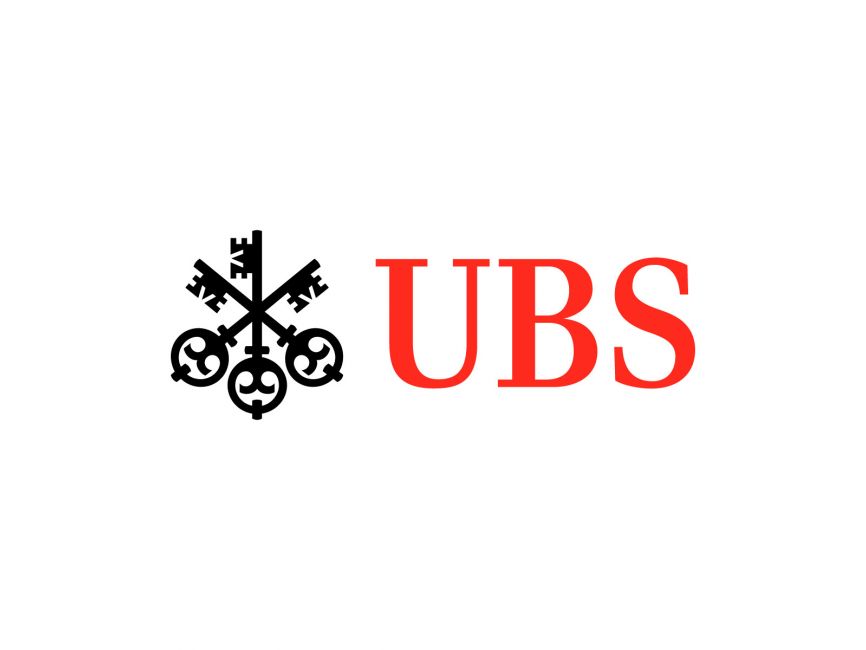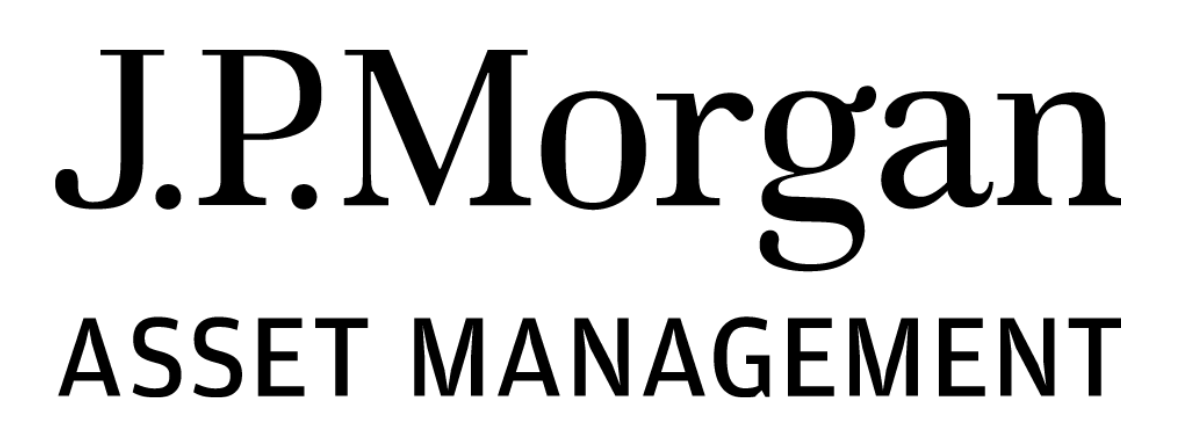State Street Global Advisors’ (SSGA) US corporate bond ESG ETF is one of 15 UCITS ETFs exposed to US energy company ConocoPhillips as the firm looks set to double its revenue reliance on an oil sands facility in Canada.
On 8 August, the oil and gas major issued three tranches of debt worth $2.7bn to fund the full buy-out of the Surmount oil sands field in Alberta, which is currently equally owned by TotalEnergies.
Many ESG methodologies limit an eligible company’s revenue exposure to oil or tar sands to under 5%, however, ConocoPhillips’ exposure to the unconventional production source is estimated to increase from 3.6% in 2021 to 6.9% post-acquisition at current production levels, according to the Anthropocene Fixed Income Institute (AFII).
While other fossil fuel producers are gradually withdrawing from controversial sources, an AFII report noted ConocoPhillips touts its position as one of Alaska’s leading – artic – crude oil producers, as well as being “proud” to hold extensive positions in northern Alberta oil sands.
Despite this, some fixed income ESG ETFs will continue to invest in the company’s bonds, meaning they will end up financing the acquisition of the oil sands facility that will make ConocoPhillips ineligible for many ESG benchmarks.
Among these is Europe’s largest bond ESG ETF, the $6.8bn SPDR Bloomberg SASB U.S. Corporate ESG UCITS ETF (USCR), whose underlying benchmark features exclusion criteria for thermal coal extraction but not oil sands involvement.
While such exposure may divide opinions among ESG investors, USCR holding ConocoPhillips bonds abides by the exclusion methodology of its underlying Bloomberg index.
More concerning, argued the AFII report lead author and head of portfolio strategy UK Josephine Richardson, are the ETFs that will continue to either support ConocoPhillips or directly finance its oil sands acquisition despite tracking indices featuring exclusions based on oil sands involvement.
These include the ’40-Act’ BlackRock ESG Aware US Corporate and US aggregate ETFs and at least 14 equity ETFs incorporating green metrics in Europe from BlackRock, DWS, Invesco, BNP Paribas Asset Management, UBS Asset Management and JP Morgan Asset Management.
These also include climate and low carbon ETFs from Northern Trust Asset Management and Ossiam, respectively.
While ConocoPhillips originally announced its intention to expand its oil sands operations in May, AFII stated it may be at least a year before revenue involvement is flagged by index-based ESG methodologies.
“The deal is scheduled to complete in 2023 and so oil sand production for ConocoPhillips may not increase until 2024,” Richardson said.
“This means it may be late 2024 or 2025 before reported production feeds into ESG screening decisions.”
The report highlighted the delay inherent in passive ESG implementation between supporting companies conducting controversial activities and those activities accruing to a company’s balance sheet and triggering exclusions.
However, it is worth noting two of the UCITS ETFs still holding ConocoPhillips equity are actively-managed ESG products from JPMAM and Ossiam.
A valid concern is the fiduciary impact holding such stocks and bonds in the interim will have as non-ETF active managers choose to divest, potentially depressing valuations.
“These exclusions should, in our view, have been anticipated on original announcement of the acquisition, and yet several managers seem not yet to have divested,” Richardson said.
This is potentially more significant for passive strategies, whose index construction rules “appear to guarantee” the future sale of securities after their price has fallen.
Looking ahead, Richardson told ETF Stream index providers should consider more forward-looking metrics including company plans to acquire or divest from businesses and how these changes will impact revenue involvement.
This would help funds offload securities they will have to sell in future rebalances rather than accepting the impacts of frontrunning in the interim.












